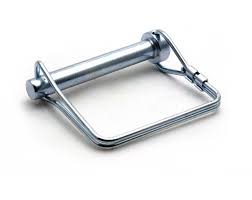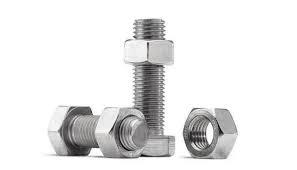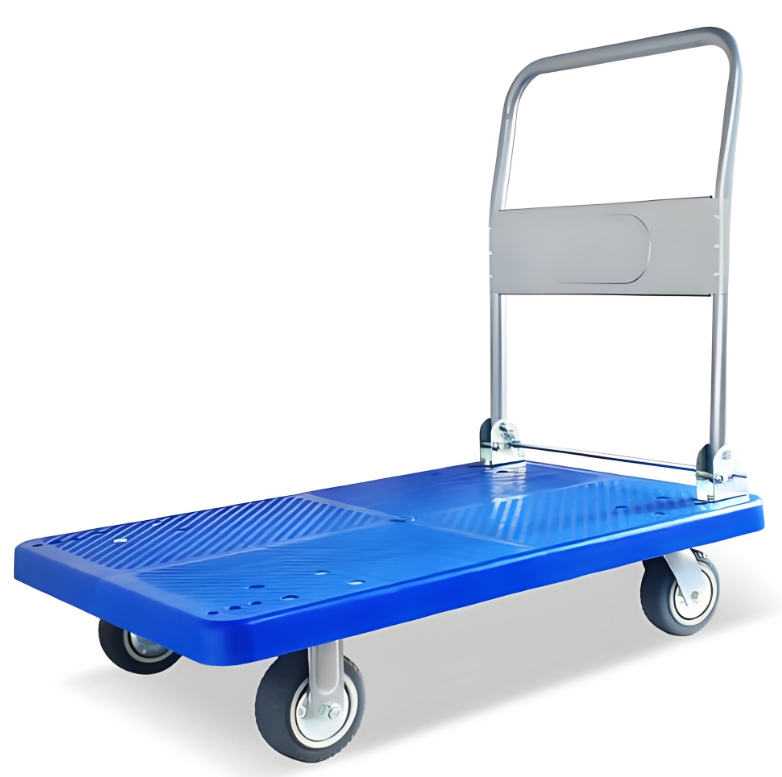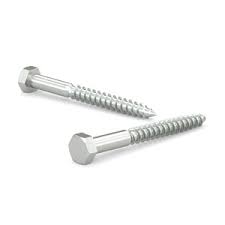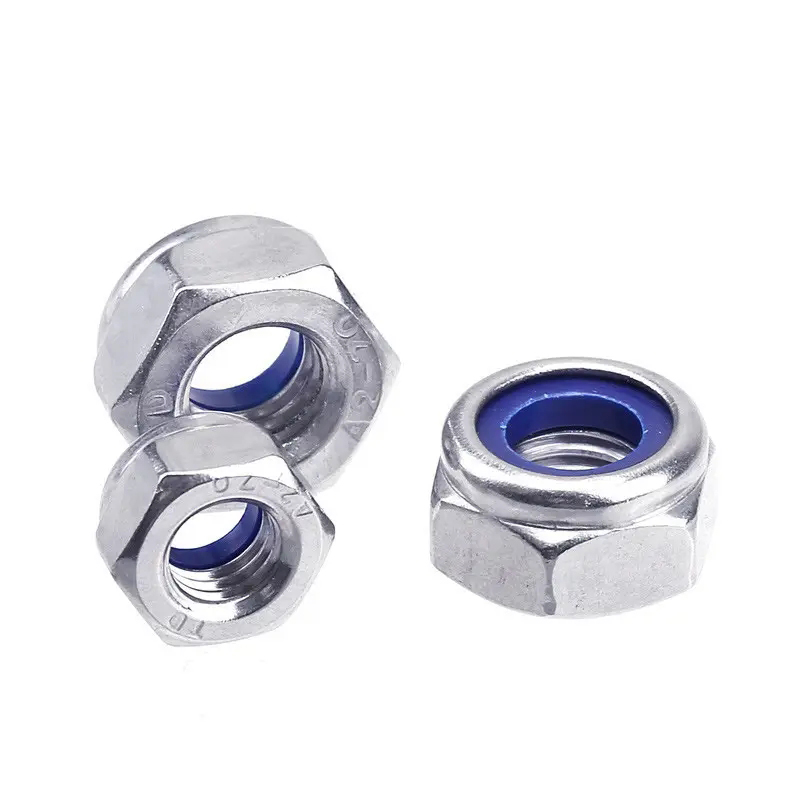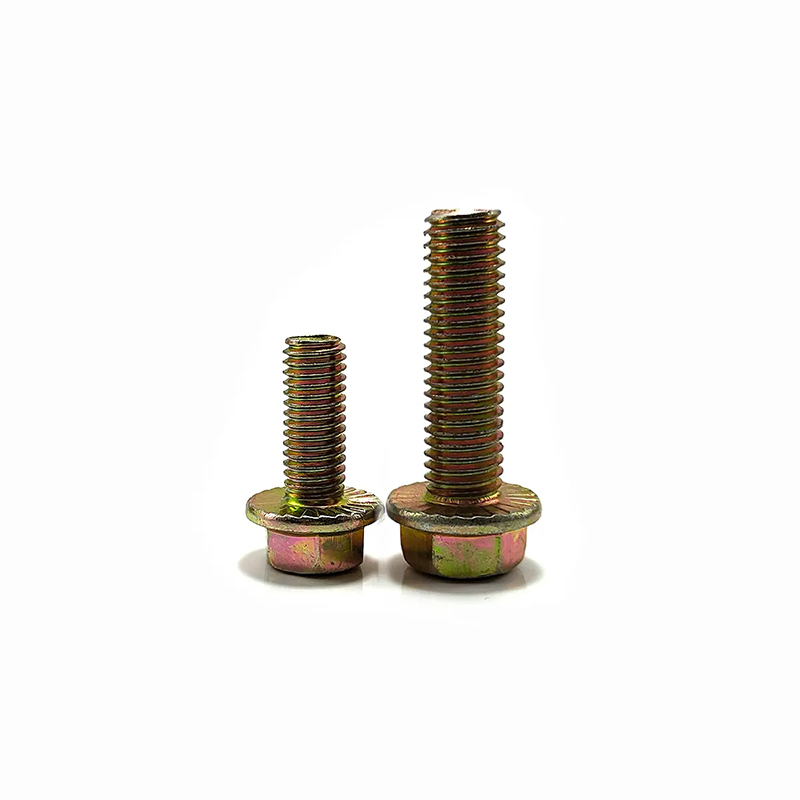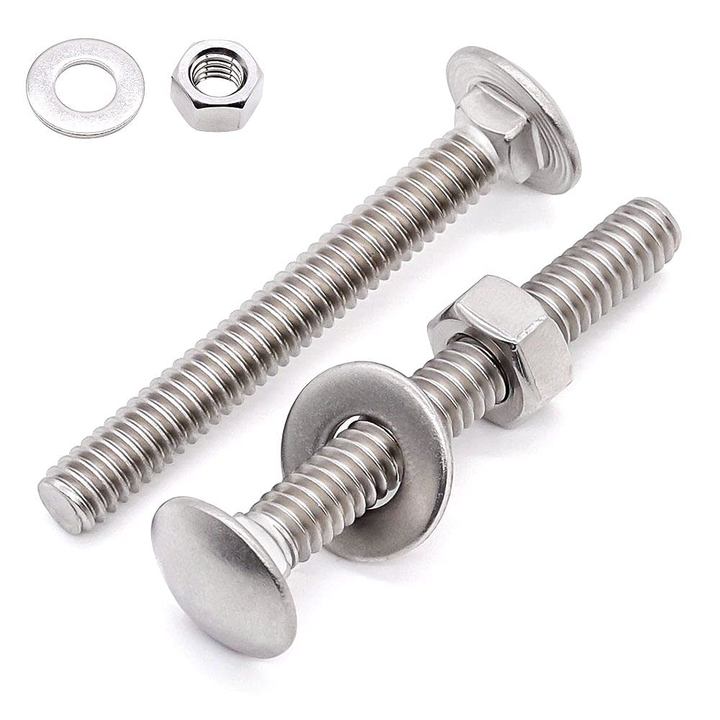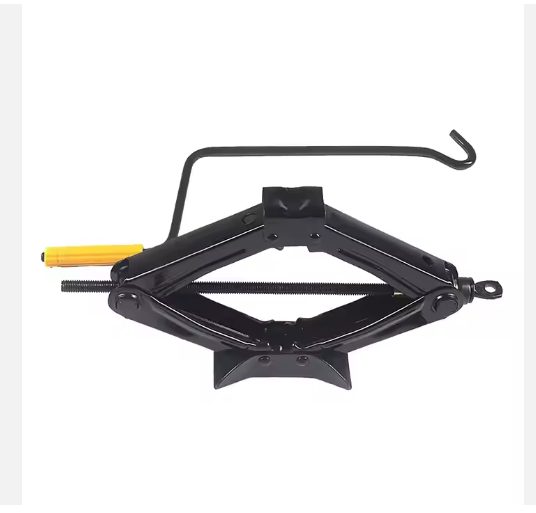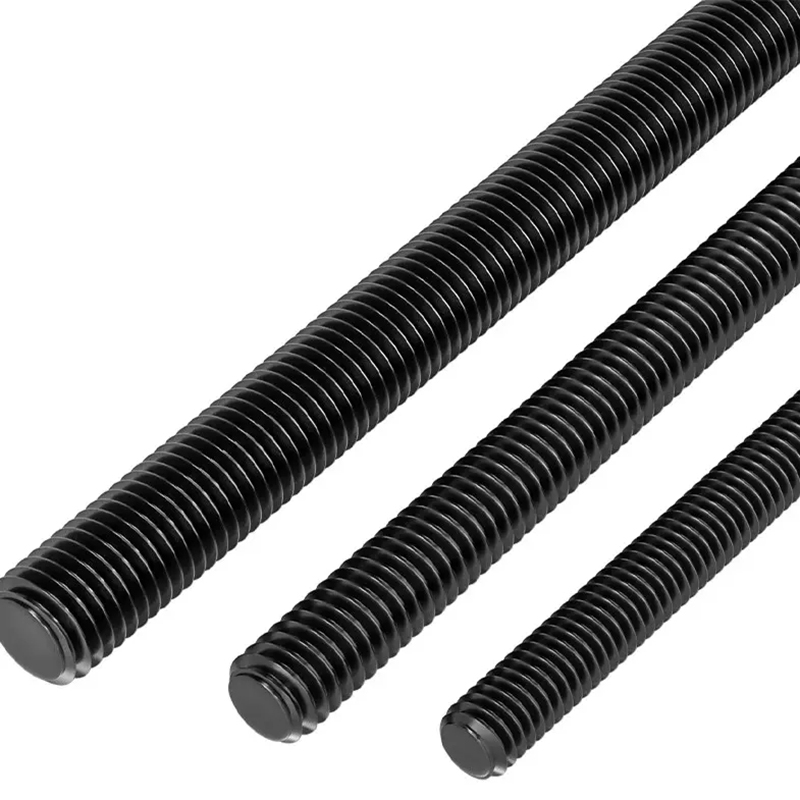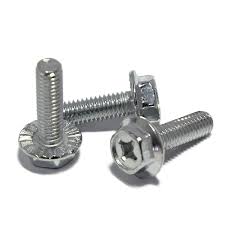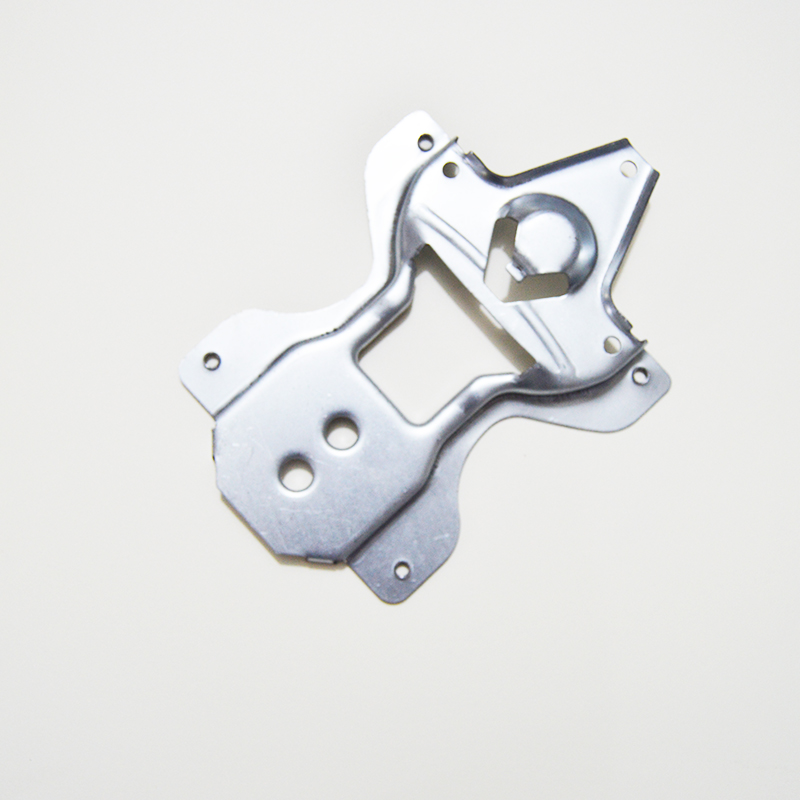

This comprehensive guide helps you navigate the complexities of sourcing non-standard parts, providing insights into identifying reputable manufacturers, understanding specifications, and ensuring quality control. We explore various factors to consider when choosing a supplier, helping you make informed decisions that optimize your production processes and project success.
The market for non-standard parts manufacturers is diverse. These manufacturers specialize in creating parts that don't conform to standard industry specifications, often requiring bespoke designs and manufacturing processes. This necessitates a careful selection process to ensure compatibility, quality, and timely delivery. Finding the right partner can significantly impact your project's efficiency and overall cost.
Before searching for non-standard parts manufacturers, clearly define your requirements. Consider the material, dimensions, tolerances, surface finish, and any specific functional requirements. Detailed specifications are crucial for accurate quoting and manufacturing. A thorough understanding of your needs will streamline the selection process and avoid costly mistakes down the line.
The choice of material significantly impacts the performance and lifespan of your non-standard parts. Common materials include various metals (steel, aluminum, brass, etc.), plastics, and composites. The selection depends on factors such as strength, weight, corrosion resistance, and cost. Consulting with a potential manufacturer early in the process can help determine the optimal material for your application.
Once you have a clear understanding of your needs, you can begin evaluating potential non-standard parts manufacturers. Several key factors should be considered:
Assess the manufacturer's capabilities in terms of the specific manufacturing processes required for your non-standard parts. Look for manufacturers with experience in machining, casting, forging, or other relevant techniques. Their expertise in handling complex designs is crucial for success.
Quality should be a paramount concern. Inquire about the manufacturer's quality control procedures and certifications (e.g., ISO 9001). These certifications demonstrate a commitment to consistent quality and adherence to industry standards. Request samples or conduct thorough inspections to verify the quality of their work.
Obtain detailed quotes from multiple manufacturers, comparing not only the price but also the lead times. Consider the total cost of ownership, including shipping and potential delays. While price is a factor, prioritize quality and reliability over the cheapest option.
Several avenues can help you locate reputable non-standard parts manufacturers. Online directories, industry trade shows, and referrals from trusted contacts can all prove valuable. Thorough research and due diligence are key to finding the right partner. Consider exploring options like Hebei Dewell Metal Products Co., LTD for your non-standard parts needs.
Numerous online directories specialize in connecting businesses with manufacturers. These resources allow you to filter by location, material, and manufacturing capabilities, making it easier to find potential suppliers for your non-standard parts. Always thoroughly vet any potential manufacturer before entering into a business relationship.
Industry trade shows provide opportunities to meet with potential non-standard parts manufacturers face-to-face, allowing you to assess their expertise and capabilities firsthand. Networking with industry professionals can also lead to valuable referrals and recommendations.
Sourcing non-standard parts requires careful planning and a thorough evaluation of potential manufacturers. By clearly defining your needs, considering crucial factors such as manufacturing capabilities and quality control, and utilizing various research methods, you can confidently select a supplier that meets your specific requirements and contributes to the success of your projects.

